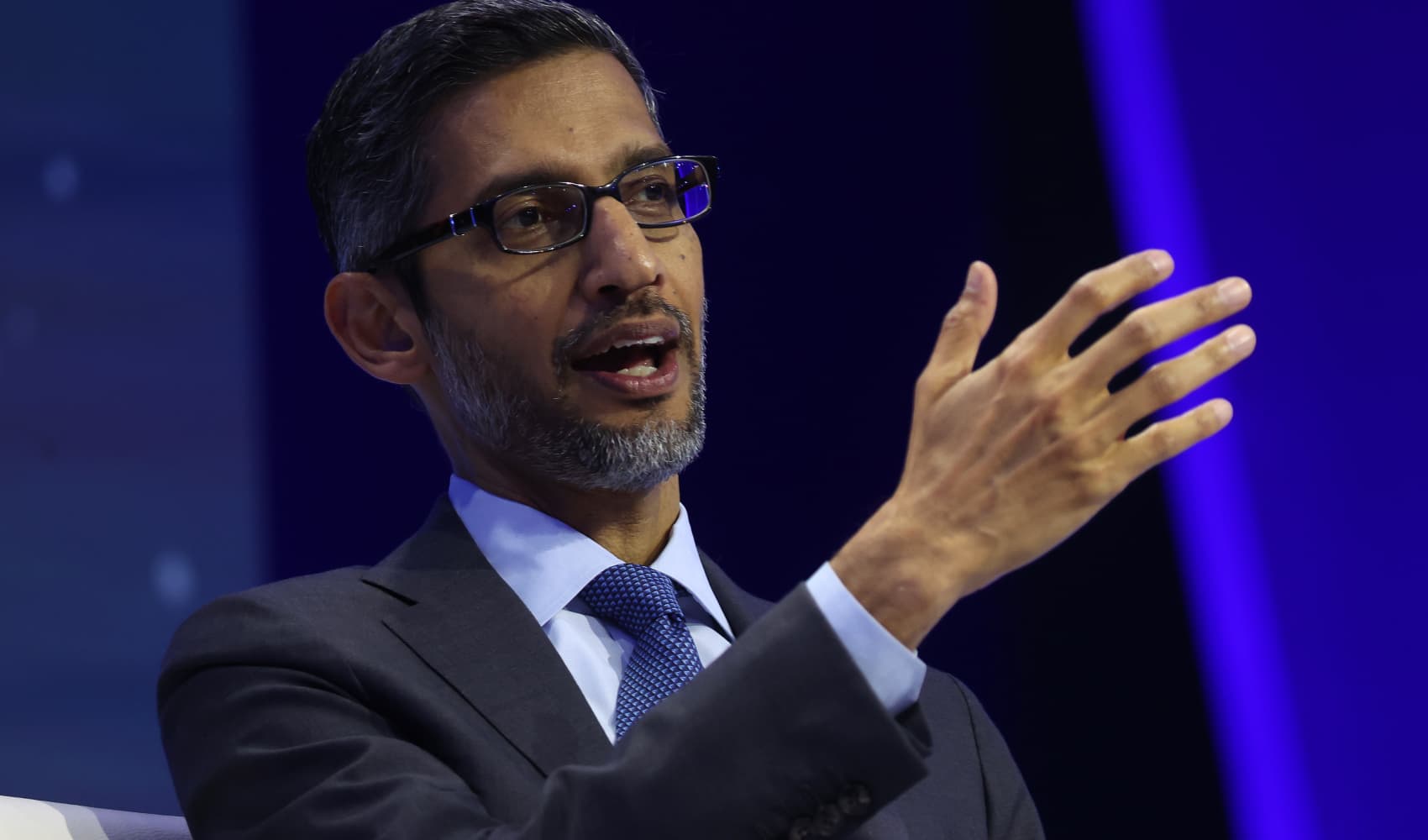
Bitcoin's price hopped over $40,000 on Monday following bullish comments by billionaire hedge fund manager Paul Tudor Jones.
"I like bitcoin as a portfolio diversifier. Everybody asks me what should I do with my bitcoin? The only thing I know for certain, I want 5% in gold, 5% in bitcoin, 5% in cash, 5% in commodities," Tudor Jones said on CNBC's "Squawk Box" on Monday.
The cryptocurrency began its latest surge on Sunday after Tesla CEO Elon Musk said the electric vehicle maker could accept bitcoin transactions again in the future.
Feeling out of the loop? We'll catch you up on the Chicago news you need to know. Sign up for the weekly Chicago Catch-Up newsletter here.
After starting Sunday trading at just $34,880, bitcoin jumped above $40,000 early Monday. The cryptocurrency was off the highs of the day as of the latest trading, but still up 5.4% in 24 hours to $39,749, according to Coinbase. Since the start of the year, bitcoin has surged more than 30%, though it has experienced wild swings. It hit an all-time high of $64,829.14 in April and hit a low near $30,000 in May following a 30% intraday crash.
With the expected rise in inflation this past year, institutional investors' interest in bitcoin as a store of value has grown significantly and fueled its most recent bull run. Tudor Jones first revealed last spring on CNBC that he held "almost 2%" of his assets in bitcoin. Since then Stanley Druckenmiller, Bill Miller and Ray Dalio have also become more outspoken bitcoin enthusiasts.
Money Report
Institutions rode that momentum, with major custody banks like BNY Mellon and State Street seeking to offer crypto services for clients and major financial institutions like BlackRock, Morgan Stanley and Goldman Sachs figuring out how to safely offer clients exposure to bitcoin. Previously, there was tremendous career risk for investment institutions trying to get bitcoin into their portfolios.
"For me, it's just a way of kind of foundationally looking at how do I protect my wealth over time, it's a great diversifier," Tudor Jones added. "Again, I look at bitcoin as a story of wealth. I look at crypto as a story of wealth. Others will argue this is a different ecosystem, it's transactional in nature."
Bitcoin went up about another $700 shortly after the investor's comments.
The weekend gains came after Musk said Sunday that Tesla will resume allowing bitcoin transactions "when there's confirmation of reasonable (~50%) clean energy usage by miners with positive future trend."
Tesla halted car purchases with bitcoin in mid-May, citing concerns over the climate impact of cryptocurrency mining. Tudor Jones also said Monday that he's concerned about bitcoin's environmental impact and "If I was king of the world I'd ban bitcoin mining."
Crypto mining requires massive amounts of energy to fuel powerful computers — bitcoin mining consumes more energy than entire countries such as Finland and Belgium, according to the Cambridge Bitcoin Electricity Consumption Index.
The latest development marks yet another example of large market moves following comments by the Tesla CEO and billionaire.
Hundreds of billions of dollars were wiped off the cryptocurrency market after Musk tweeted in May about Tesla's suspension of car purchases using bitcoin. Musk's past tweets have also been linked to moves in the stock market — ranging from so-called meme stocks such as GameStop, to the investor of viral song "Baby Shark."
Bitcoin under environmental spotlight
The environmental impact of bitcoin mining has come under intense scrutiny.
As part of its crackdown on bitcoin, China's Inner Mongolia region — a major bitcoin mining hub — in late-May proposed punishments for companies and individuals involved in digital currency mining. It came after Chinese Vice Premier Liu He said it is necessary to "crack down on Bitcoin mining and trading behavior" to prevent the "transmission of individual risks to the social field."
Elsewhere, Iran's government in announced in May a ban on the mining of bitcoin and other cryptocurrencies until Sept. 22, after officials said blackouts in the country's capital of Tehran and several other large cities were in part due to the energy-intensive activity.
— CNBC's Arjun Kharpal and Natasha Turak contributed to this report.






